


Kuo Ming-Jung 郭敏容
Programmer
Kuo Ming-Jung has spent much of her career in film festival management, programming and talent support initiatives. Her work as Program Director for Taipei Film Festival (2014-2018), carried a balance of showcasing new talent and introducing narrative VR programs as well as celebrating cinema heritage. She also partnered with Produire au Sud and launched PAS Taipei in 2015 to help reinforce script development, co-production and sales strategies. Having worked as the program consultant from 2017, she joined the Singapore International Film Festival in 2019, first as the Program Director before becoming Artistic Director. Between 2019 and 2021, she was on the selection committee for the Locarno Festival Open Doors. She has also been extensively involved in the selection of projects for Taiwanese and Southeast Asian script development and regional funding schemes. She set up Island X Pictures in 2022 and is developing feature films. In 2022 she joined Directors’ Fortnight as a consultant covering Southeast Asia and Taiwan.
Programme Notes
The film I WeirDo (2019) is a quirky love story about a couple with severe OCD. Po-Ching, a translator, and Chen Ching, a transcriptionist, find each other, move in together and form a perfect match. However, following an encounter with a pigeon outside his flat, something unlocks in Po-Ching’s psyche and he feels ready to venture outside the hermetically alternative world the couple have created and enters ‘normality’. He goes to work, socialises with colleagues and starts seeing another woman. Discovered by Chen Ching, Po-Ching insists he wants to be normal. His betrayal, forces Chen Ching to return to her life alone and rebuild her world. Until the film reveals further twists.
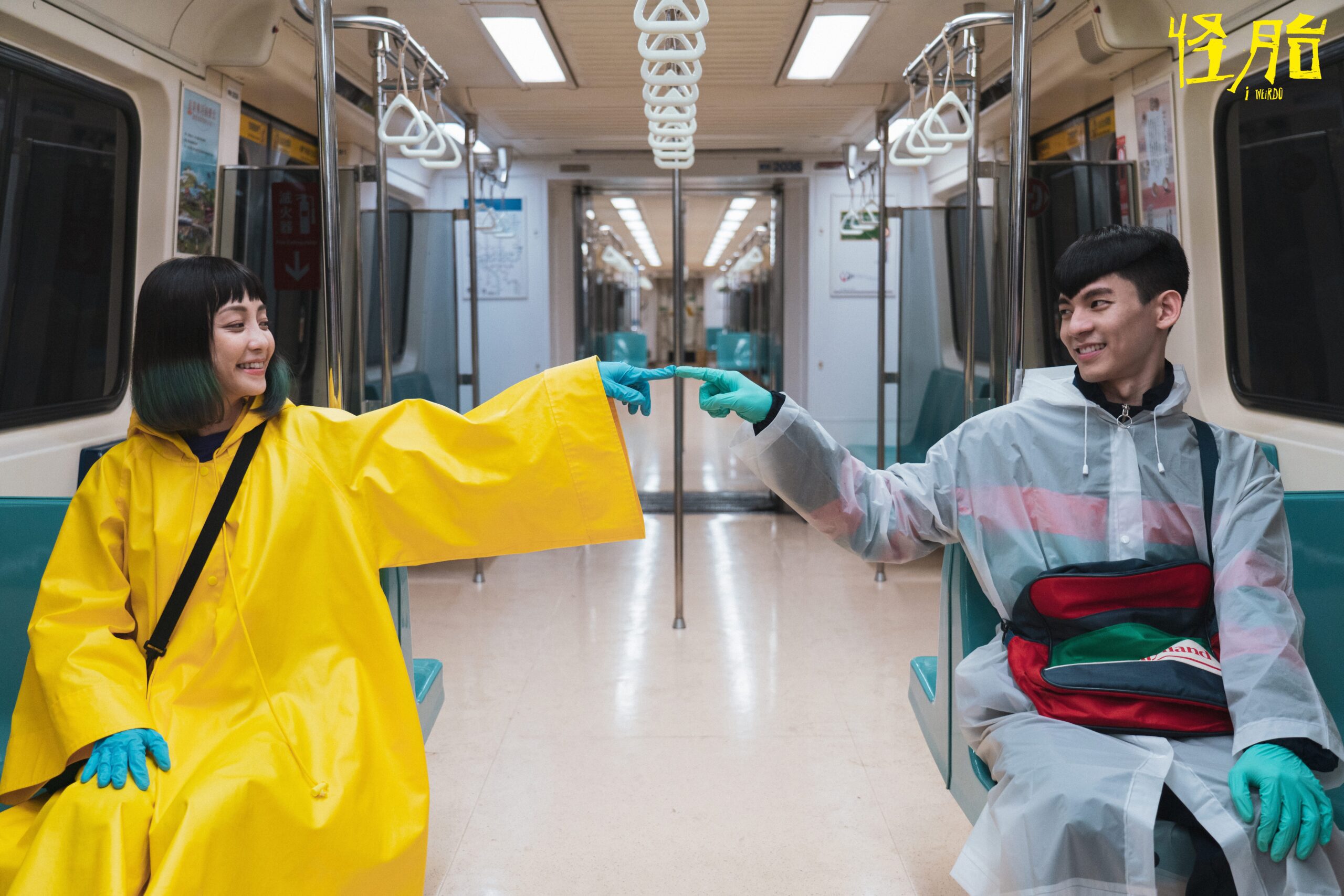
While the world of film production is not quite a binary of unique difference versus normality but a space occupied by various communities each with their idea of aesthetics, beliefs and followers, Taiwan’s recent film development has often felt like one. For a long time it was dominated by Taiwan New Cinema, with its collection of great names that garnered international recognition, especially at film festivals. However, its delicately observed realism detailing uniquely Taiwanese preoccupations, has been on the wane for some time now. Taiwan’s industry, searching for an injection of renewed vitality has largely opted for the new normal of market driven genre films, leaving the film community, much like the two characters in I WeirDo, to play out the struggle of moving from one kind of ‘normal’ to another. Moreover, with Taiwan’s current film climate proclaiming the market oriented view as the norm, those more marginal film voices, or those who wish to retain something of the past, have, to continue the metaphor, become the weirdos.
It is to this changing landscape in Taiwan’s cinema that this programme wishes to draw attention, charting a selection (by no means definitive) of recent films that face the above tensions with a certain resistance. In many there is a sense of longing for the past, questioning memories, and working through or coming to terms with the change and loss. The majority of the selected films retain a naturalistic approach though with lighter, digital technologies, a more fluid camera movement. Even those films with a consciously stronger aesthetic form are still working from a realistic basis. It is as if these stories remain as the phantom limbs of the past as the dominant film rhetoric in Taiwan moves more forcibly to sever ties with what came before.
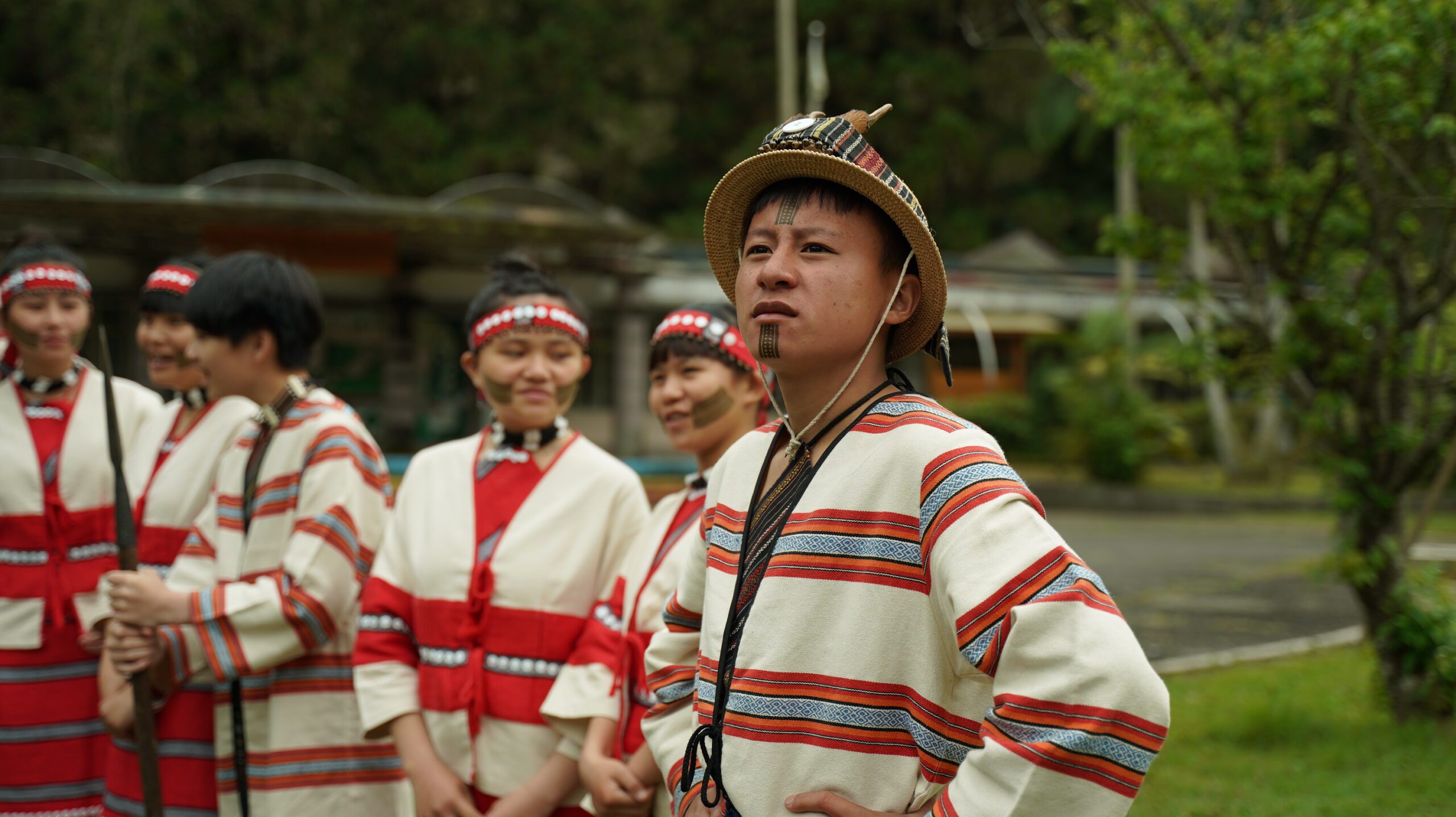
On a category note, this programme has selected films by directors who have to date made no more than three fictional features. Although not all the directors may consider themselves as newcomers, one would hesitate to call them established. Therefore, their access to resources and funding for future projects can still be a hard battle and for younger directors, their effort in searching for their originality may still be under pressure from external factors. Also, the selection sets out to include more diverse voices. It includes six female directors out of the 11 films and one by an indigenous director. Another consideration was to prioritise films that are hopefully accessible to wider Malaysian audiences, not only cinephiles.
Across various films then, returning to or leaving home is a key component in many stories, especially when the home and away frequently evoke the rural/urban divide. The short film Way Home (2018) addresses this divide with the teenager Dong Yang’s resistance to following his family’s move to Taipei and trying to find a future in the desolate, abandoned rural space. The protagonist’s frustration relates also to the family’s casual treatment of ritual and belief. Compared with the teenager’s longing for the abandoned home and traditions, Coo-Coo 043 (2022) highlights a family in which the patriarch’s obsession with an impossible dream violently prevents the remaining family members from following the long lost son who ran away from home. This futile attempt adds another layer of entrapment to the already bleak wasteland. The 2014 Consensus (2019) also has an absent son, this time ostracised from home for being homosexual. However, while his extended family is embroiled in an argument with the will of their deceased mother in the afterworld, external forces of development are encroaching on a once sacred burial ground, and students are occupying the national legislature. In American Girl (2021) the title character struggles to readjust to moving back to Taiwan, finding fault with her mother and wrestling with the forces of conformity and authority in the wake of her sense of individual freedom that was associated with the American way of life. Its coming of age story is also a process of coming to accept and making peace with her family and her hometown.
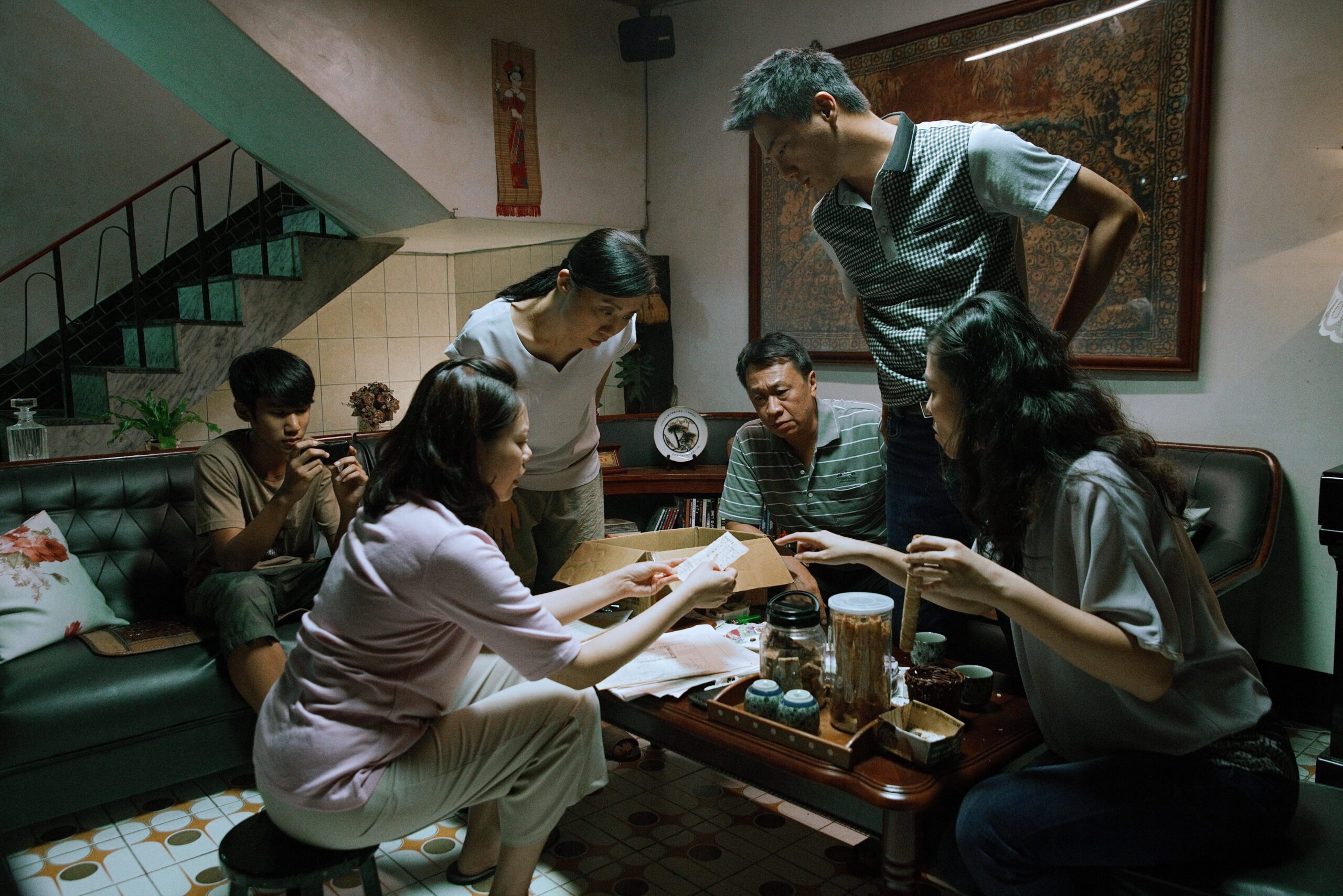

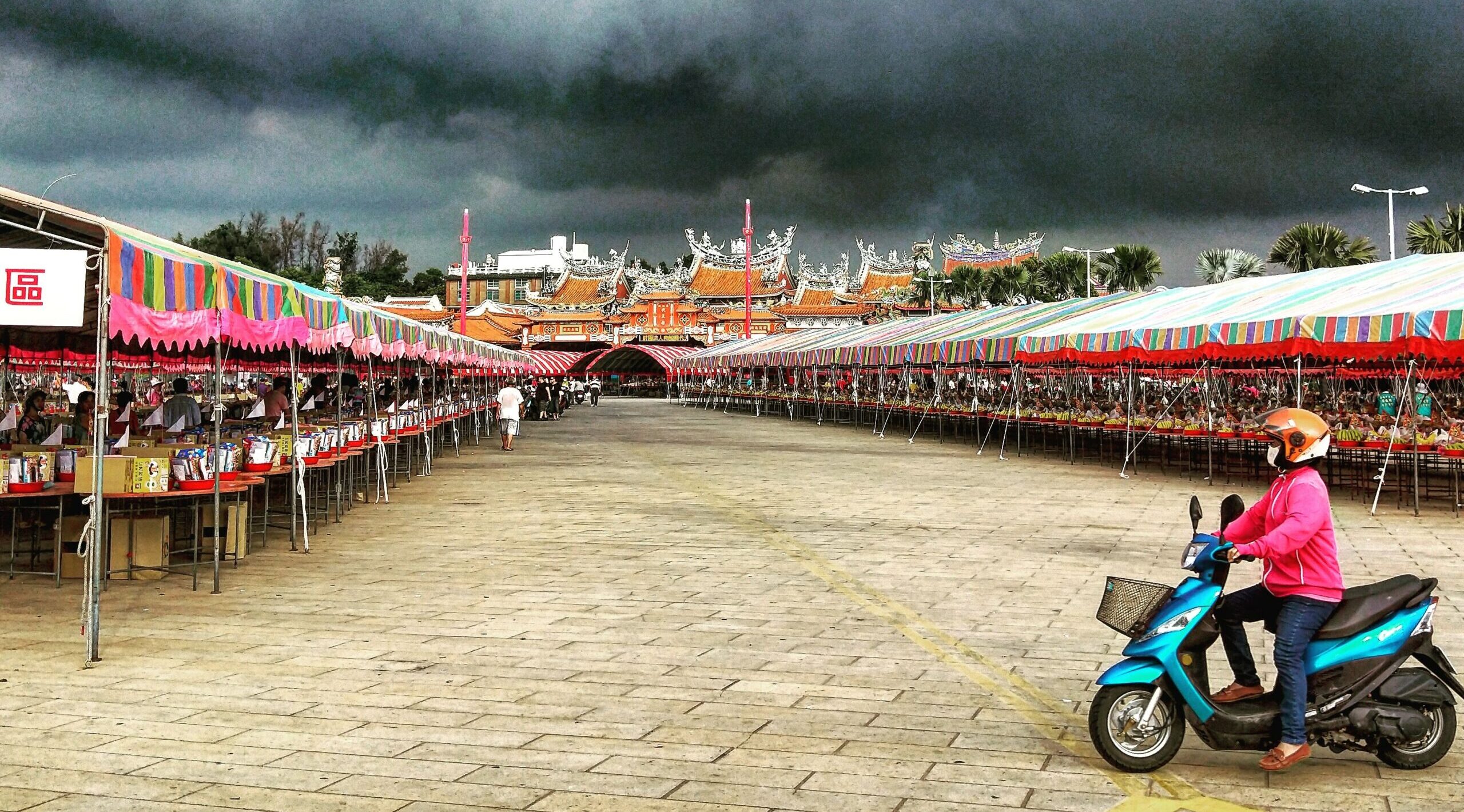

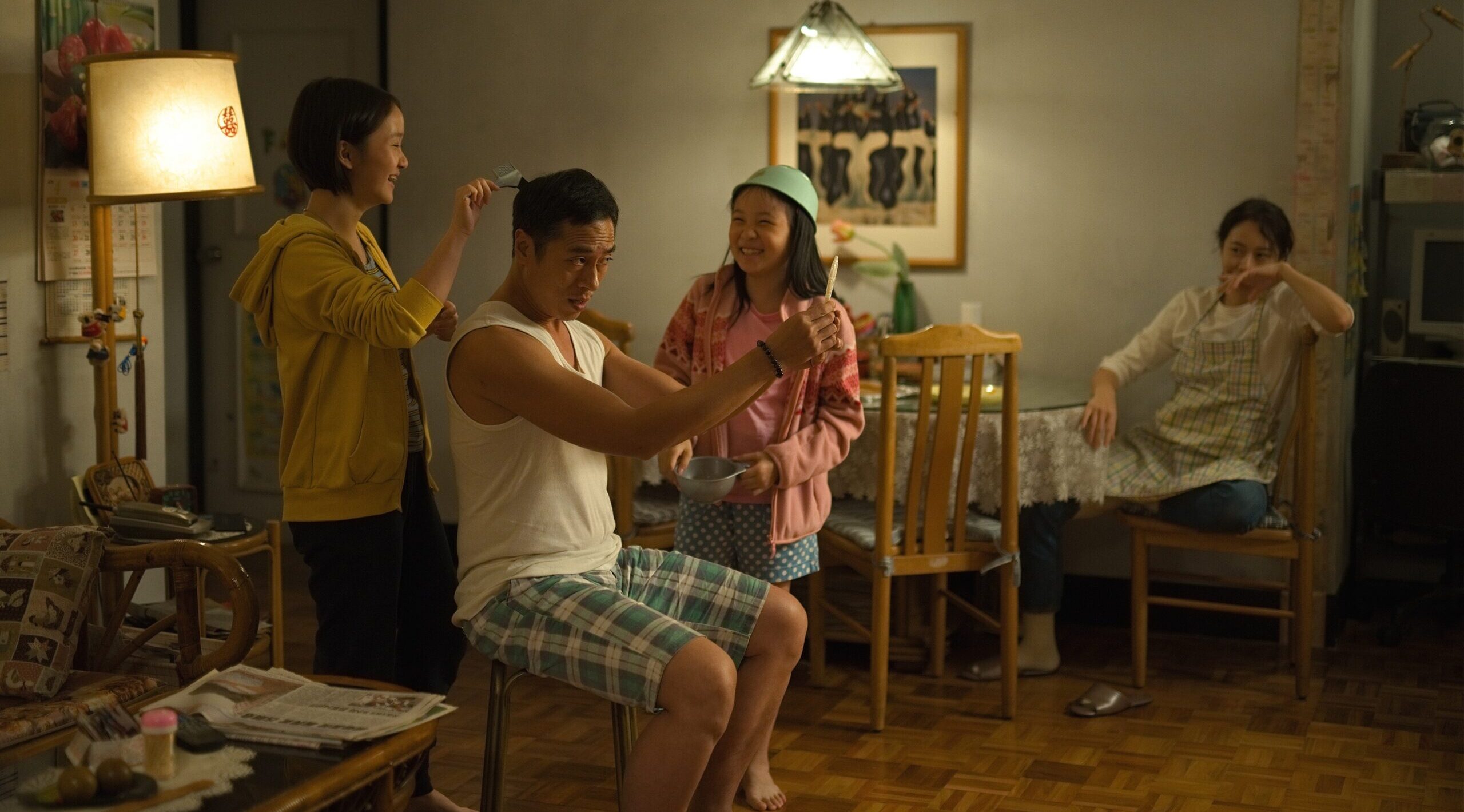
A Silent Gaze (2022) and Last Year When the Train Passed By (2018) are the only two selected documentaries. A Silent Gaze, from veteran documentary director Huang Hsin-Yao, better known for his debut feature The Great Buddha+ (2017), is the culmination of 12 years back and forth between Taipei and three districts around Tainan, one of which is his home. The documentary consists of mostly static shots devoid of details about specific times or locations. The landscape, the sound of wind and the sea, people working, passing and sometimes talking in front of the camera, while distilling a sense of timelessness, also signals such still life may soon become a thing of the past. Last Year When the Train Passed By sees the director query people’s memories over time and changes at their home. For both documentaries, while home is not explicitly located, capturing the moment and calling for memories are how the idea of homeland, or heartland, is expanded upon. For both filmmakers, the act of photographing the distilled time is in itself a signal of loss and death.
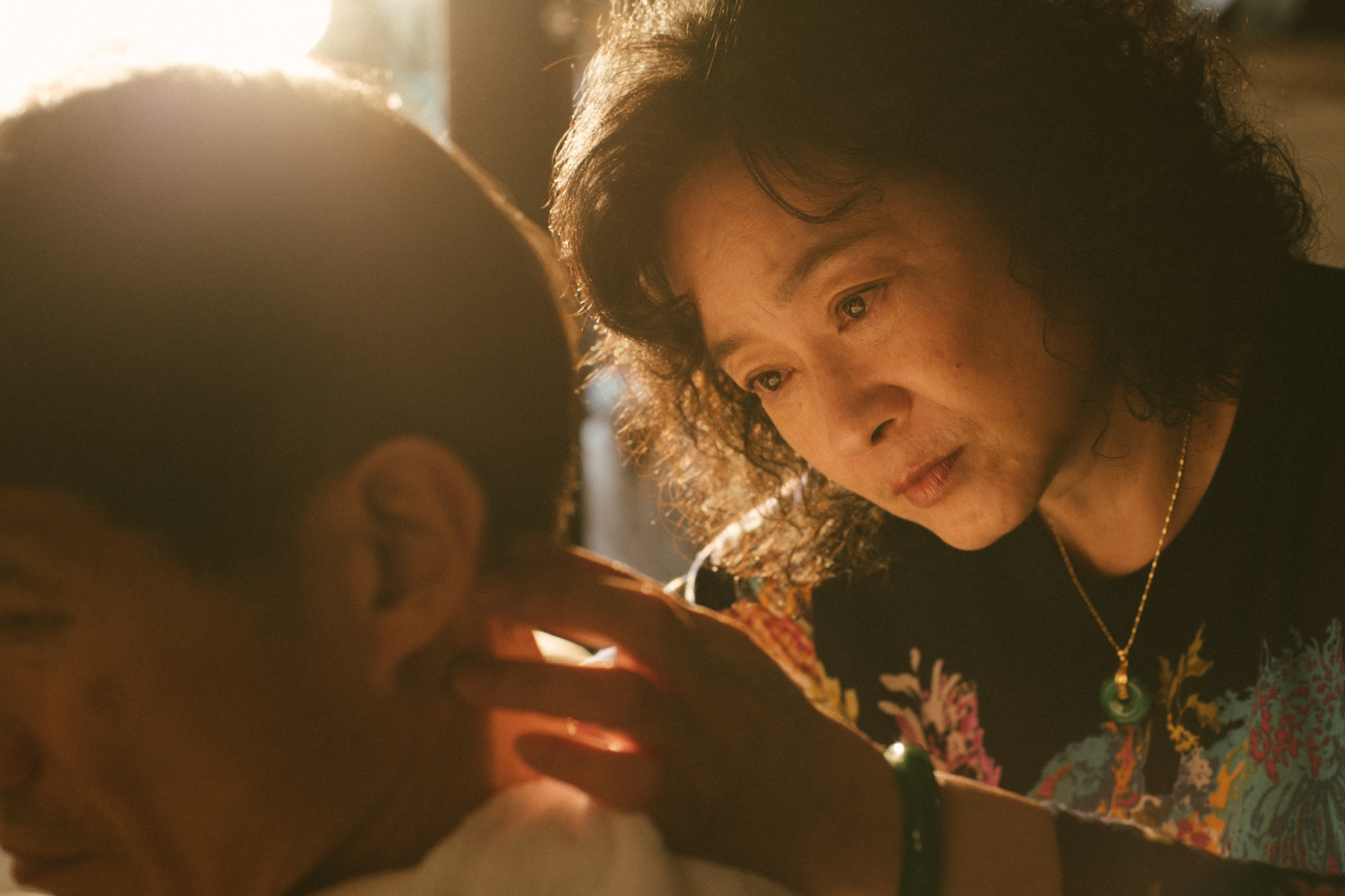
Day Off (2023) and GAGA (2022) offer a more congenial world where traditions are cherished with an acknowledgement to change, though not without some quiet resistance. In Day Off, the hairdressing salon housed at home is the anchor to crumbling modern relations. In GAGA, while portraying the traditions of indigenous people, the film does not shy away from the conflicts and scandals within such close-knit communities. Here, an unconventional family is accepted, but not without some occasional gossip and light coercions.
Heavy Craving (2019) and Babes’ Not Alone (2016) both offer strategies of resistance in which, on the surface, both protagonists are fighting against their families. However, what’s interesting with these two films is that their two female protagonists hold more autonomy in shaping their identities, rather than being determined by the family. In Heavy Craving, the protagonist eventually stands firm in being who she is in the face of a hostile society, supporting others in their desired images. In Babes’ Not Alone, the teenage girl Liang defiantly chooses to stay silent despite family responsibilities weighing on her, but leaving clear marks of her protest against such burdens.

Finally, returning to I WeirDo, a stylized film that hypotheses a broken union, a family of sorts, a way of resisting the minimum engagement with the outside until Bo-Ching is ‘normalised’. The supposed ‘normal world’ Bo-Ching enters is the salaryman’s routine, blending in with colleagues and abandoning the one who first noticed and cherished his uniqueness. Is this the kind of norm Taiwan’s cinema wishes to become? This program presents a selection of contemporary Taiwanese films that hesitate between ‘home,’ with its tradition and problematic patriarchal control, and changes that are not always questioned, and prefers to see the act of remembering, struggle and resistance as a way to process the filmmakers’ identities before they are swallowed up by formulaic internationalism, even occasionally box office success, that is supposed to lead to Taiwan’s cinema revival.











